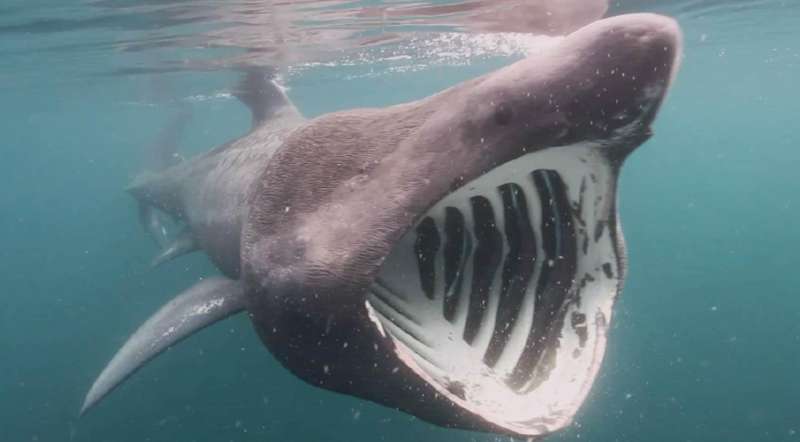The two most misunderstood stories in the Bible
The stories of Job and Jonah, when recounted, most of the time include these two notions (in one form or the other):
Jonah cried out for help in the belly of the fish
Job’s misfortunes were as a result of a wager between the devil and God
Both of the above notions are untrue.
The first misconception stems from a mis-reading of the scriptures, the second one stems from a misunderstanding of God’s nature.
Let’s start with the first one, as it is short and easier to get through:
Jonah was not asking God to rescue him from the belly of the fish. God had already rescued him, through the fish!
The second chapter of Jonah which contains Jonah’s prayer in the belly of the fish, is clearly a prayer of thanksgiving. Jonah wasn’t saying “God, come get me out of here!”, he was saying “God, thanks for rescuing me!”
To understand this a bit better, let’s reflect on the reality of sea travel in the days of Jonah. Engines had not been invented then, so moving on water relied on a combination of sails, oars, and boats designed for buoyancy. Because of this, water travel was a risky venture: one wrong wind and a ship would be broken up, with all its inhabitants and goods lost forever. There was also no advanced navigation system to track the positions of ships or people stranded at sea, so anyone who was tossed out from a boat at sea was as good as dead. No rescue boats or life jackets were available to help Jonah, so the fish was God’s rescue system to ensure Jonah did not end up “lost at sea”. This is the reason Jonah was thanking God.
As we know from the passage, the fish completes its rescue boat mission by vomiting Jonah on dry land.
(And if I were to add my own little zoologist rant to this story: it was a fish, not a whale as is commonly described. Whales are mammals that live in the sea with bodies designed for sea life (fins, streamlined bodies and tails). But they are not fish.
This appears a minor detail but it is also the source of yet another common source of confusion about this story. People question how a human could have survived in the belly of a whale without getting digested or harmed by the animals digestive juices. But there are species of large fish - with stomachs large enough to contain a full grown human being - that are plankton feeders and only have the capacity to digest plant tissues, and not animal flesh. Which provides a neat solution to that puzzle if you ask me.)
Looking at the pictures of these large sharks that eat only plankton and not flesh, it’s pretty easy to connect the verse “Now the Lord provided a huge fish to swallow Jonah…”(Jonah 1:17)
So that’s the first misconception, solved. Do not just take my word for it: open your Bibles and reread the 2nd chapter of Jonah and see that it is more aligned to thanksgiving than the rescue narrative.
Now to the second one.
The story of Job - a righteous, wealthy man whose fortunes took a tragic turn after a conversation about him between God and the Satan - is one of the most difficult stories for Christians to process. How does a righteous person, who serves God faithfully and does everything right, all of a sudden become subject to several calamities, all happening in quick succession?
In our bid to process the story, we look through the story for loopholes to justify the tragedies Job experienced. I've heard sermons expounding on the verse "For the thing which I greatly feared is come upon me, and that which I was afraid of is come unto me" (Job 3:25), as a way of stating Job manifested his tragedies through negative thinking. But by doing that, we fall into the trap his friends fell in (and which God scolded them for doing in Job 42:7-8) of making Job the architect of his misfortune.
Another disturbing explanation in circulation is how this is essentially a wager between God and Satan that takes place daily for the soul of (every?) human. That God bargains with the devil to determine how much devastation can be flung into the life of any individual, and if they stay standing God claims them as having “passed the test”. That explanation is not in congruence with the nature of a God who is described as “merciful, full of loving kindness” (Psalm 86:15), “compassionate” (Joel 2:13). What is God’s nature, however, is to respect free will: decisions and consequences. And when Adam decided to seek out good and evil on his own terms, God didn’t destroy him but allowed him to explore and live out the consequences of that decision.
The evil in our current world - both the ones personally experienced and communally lived out - are a consequence of the Fall, and the out-workings of a fallen nature. When humankind fell, because they had dominion over creation, they brought down creation along with them. The savagery of “wild” animals, and the disruptions in weather and other natural phenomenon that give rise to natural disasters are connected to this fall. I know this because
1. One of the features of a restored creation - the new heaven and earth - is loss of the savage nature in wildlife: the wolf and the lamb, the leopard and the goat live peacefully with each other (Isaiah 11:6)
2. Proverbs 30:21 indicates injustice and inequity as causes of the earth’s tremor, things that shake its foundation
So when many criticize God for not destroying the evil in this world, they forget that’s the package our human ancestors signed up for. It’s a hard pill for us to swallow but this is really what it is.
So no, God wasn’t designing a test for Job with Satan. What’s at play in the account of the life of Job is more layered than a simple wager of two celestial beings over the souls of mortals. It is a difficult account to comprehend but is made easier as we expand our perspective of the context of the world we live in, God’s nature and His glory.




Comments
Post a Comment